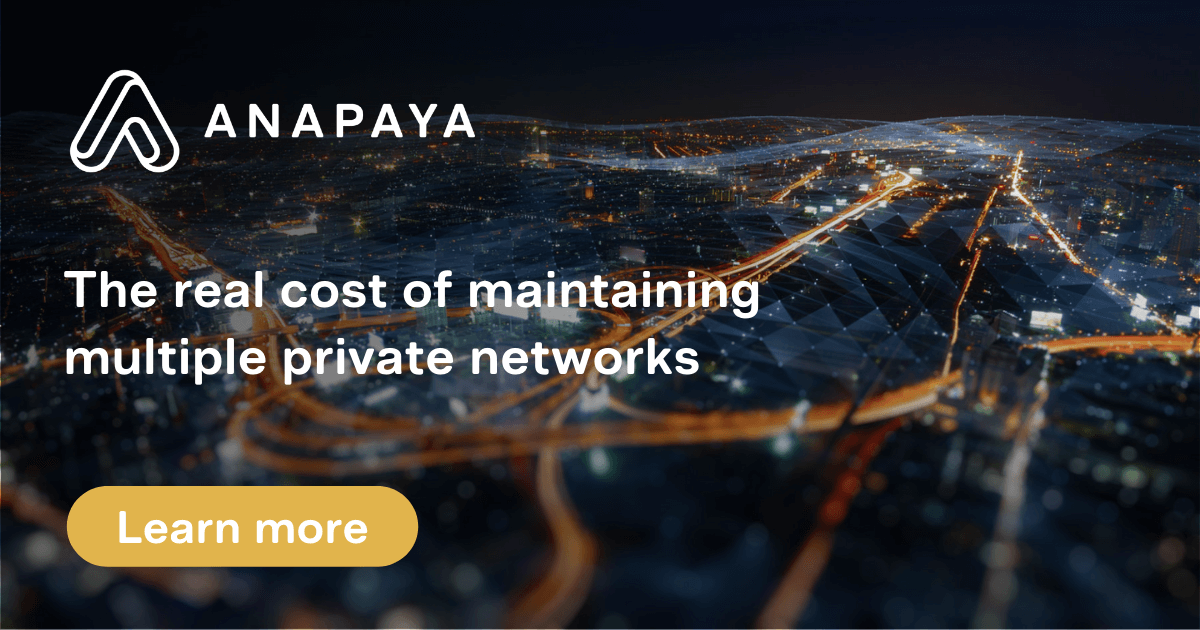Many companies choose to participate in multiple private networks. However, the costs associated with the decision may not be worth it.
Using multiple private networks may not be the best choice for businesses. When it comes down to costs, security and complexity, running multiple private networks can quickly reveal its disadvantages. Comparatively, the choice of using a public network has its own challenges - but there is another way.
Public Networks for Business
There have been multiple viewpoints on whether using a public or private network is better for your business communications. Indeed, many IT administrators would advise on solely using one approach, the other or even a combination of the two. However, the choice to use multiple private networks for one company has a few considerations that need to be accounted for.
Being part of multiple private networks requires additional overheads for the data to flow smoothly and securely between the different systems. That data is also usually subject to slower speeds, bandwidth limitations and requires an initial building cost with ongoing maintenance.
Let’s take a look at some of these challenges in greater detail.
Bandwidth and speed challenges
No matter how many private networks you add, the bandwidth allocated to each will never be able to match a public network like the internet, resulting in slower speeds.
This is mainly due to the extra travel time for any request or response. Any travel distance from the request to the server will have to be taken into account for multiple private networks. Likewise, if multiple users are using the same private network, they will only be able to use the same paths offered by it, instead of the various routes offered on a public network.
Isolation
With no connection to external networks, businesses limit themselves in their ability to communicate with other computers. No information is generally permitted onto private networks, which means no email, outside data or digital software updates. Everything must be manually brought onto the network and replicated from there.
Initial setup costs
Before using multiple private networks, companies have to invest in the infrastructure and dedicated skills to set it up. Routers need to be purchased and the resulting time to create the physical connections to each computer and the digital settings could cost a company thousands of dollars.
Maintenance
New employees and data must periodically be added to the system, equipment needs to be placed, and any glitches that occur from the complexity of multiple private networks must be addressed. The advantage of extensive, global public networks like the Internet is that the costs associated with these are divided among millions of users. On a private network, however, all maintenance costs rest solely on a single network operator, which is sometimes the organisation itself.
Slower deployment
The time it takes a business to implement multiple private networks and have them up and running efficiently could result in a few weeks or even months. Those months and weeks of operational disruptions have immediate and lasting effects on your business.
Another way to connect
Private networks are not all bad - they have a few unique advantages over public network technology. These benefits include:
- Better control
- Increased security
- More customisation
- Hands-on influence over the stability
- Direct influence over network extension opportunities
However, these benefits will always come at the cost outlined above. For a business to expand, all of its solutions must be scalable to a reasonable degree. While multiple private networks may be sufficient for smaller organisations, it simply cannot be realistically applied to larger ones.
The good news is, this does not mean that businesses have to put up with the disadvantages of either a private or public network. Next-generation internet services, such as Anapaya provide all the benefits of public and private networks. Anapaya’s Next-Generation Internet is a reliable and secure option for organisations who want to take control of their data and prevent security breaches.
Get connected
Anapaya’s Next-Generation Internet solutions are a view to a more stable, scalable and reliable connectivity future. Organisations around the world are discovering the benefits of using Anapaya’s solutions for their own connectivity needs.
Anapaya can radically change the way you think about business connectivity. For a glimpse into what the next generation of the internet can do for you, contact us today, or explore our website.
TAGS:
Cybersecurity
Olivier Moll
French in his core, Olivier loves cooking and traveling with his family.




.png?width=380&name=Image%20(11).png)




